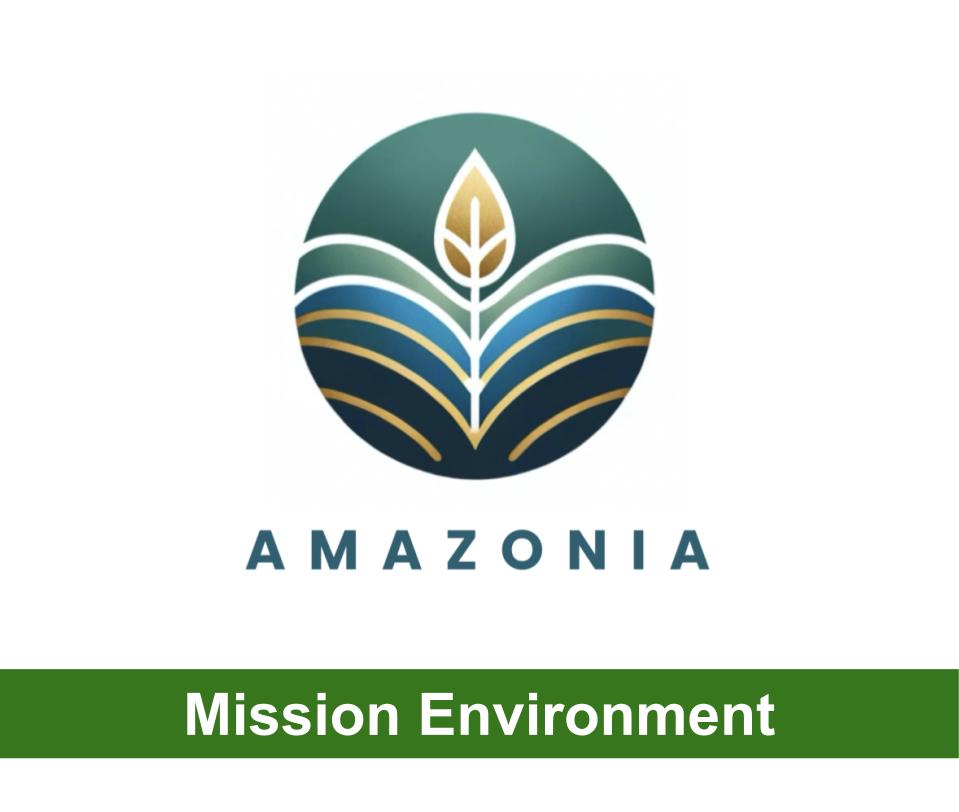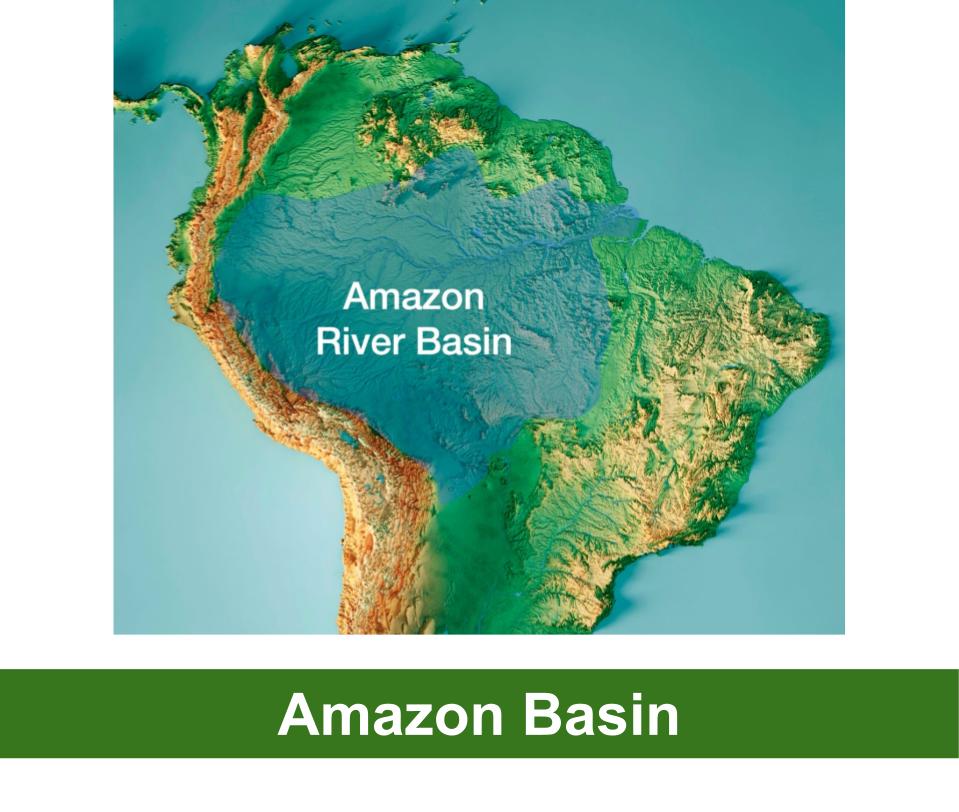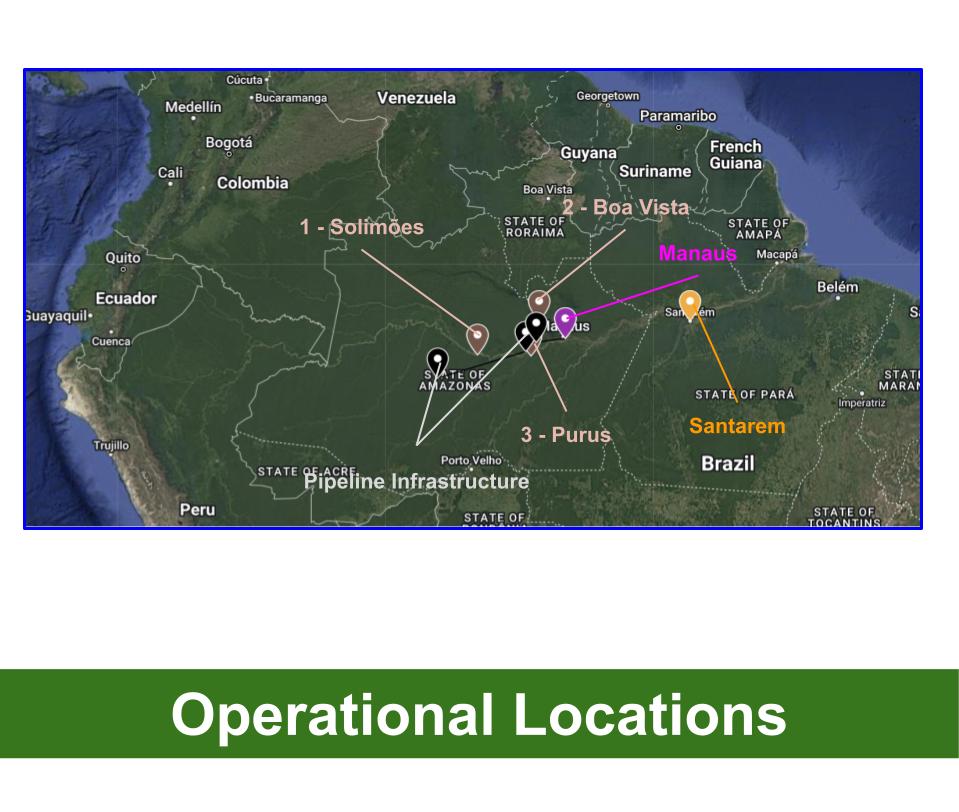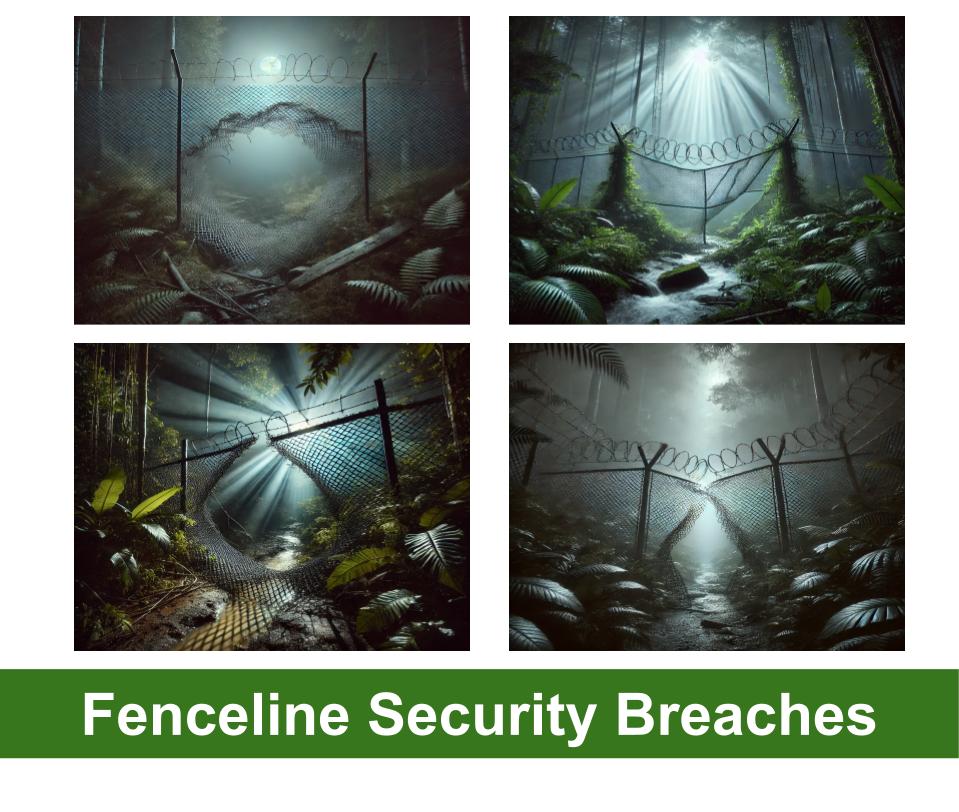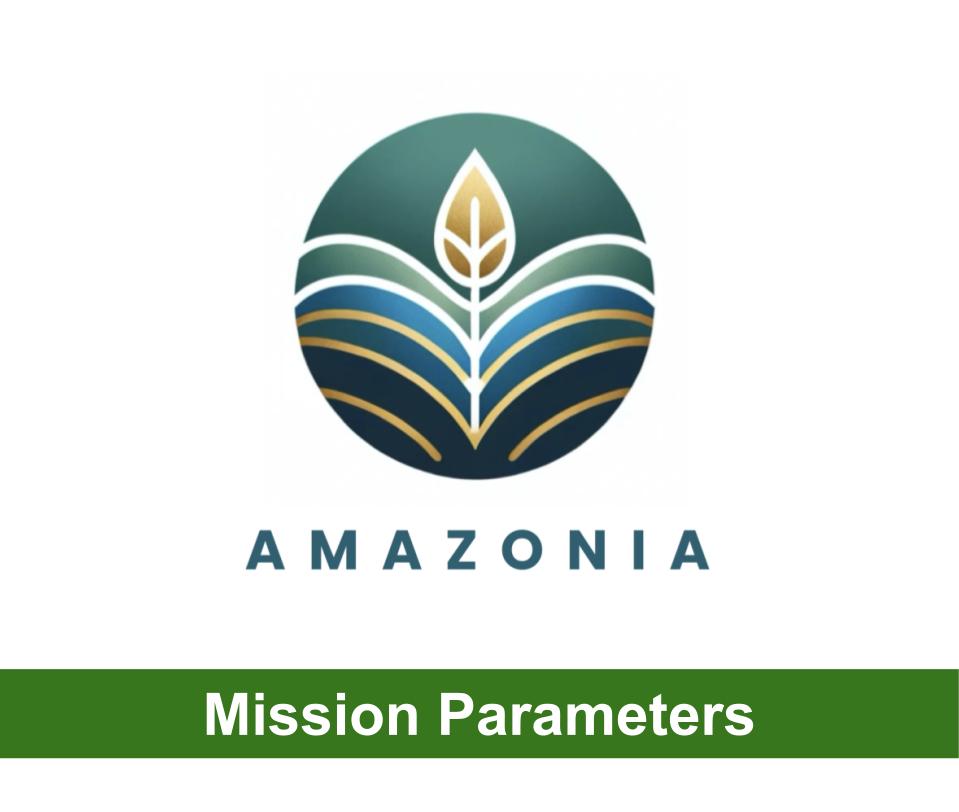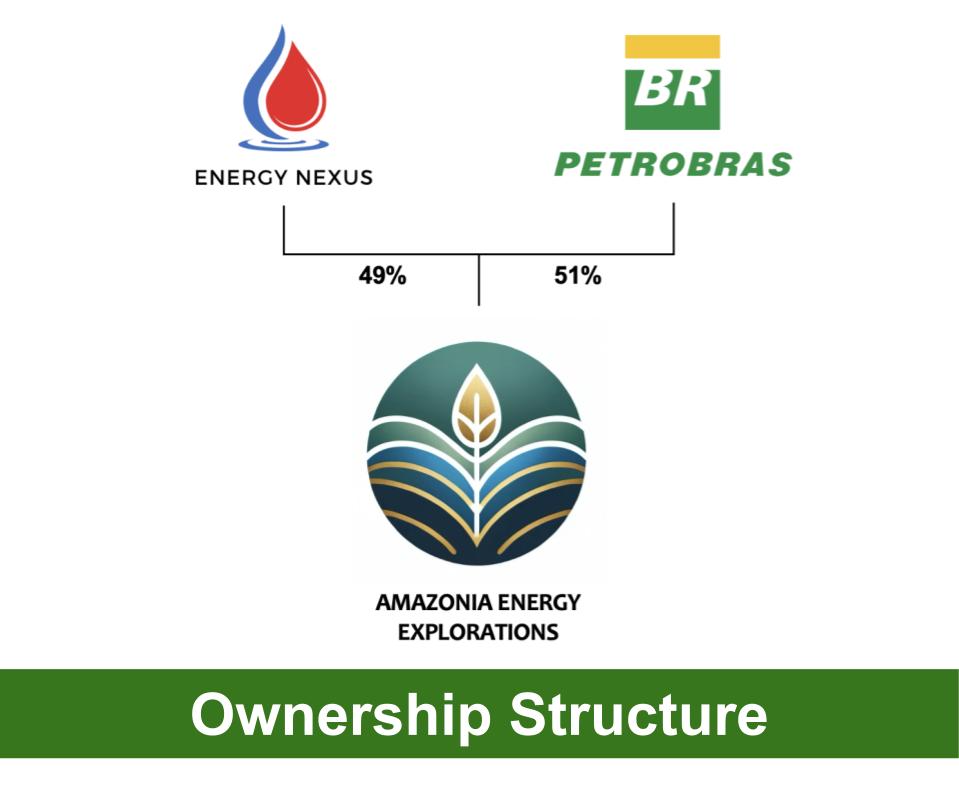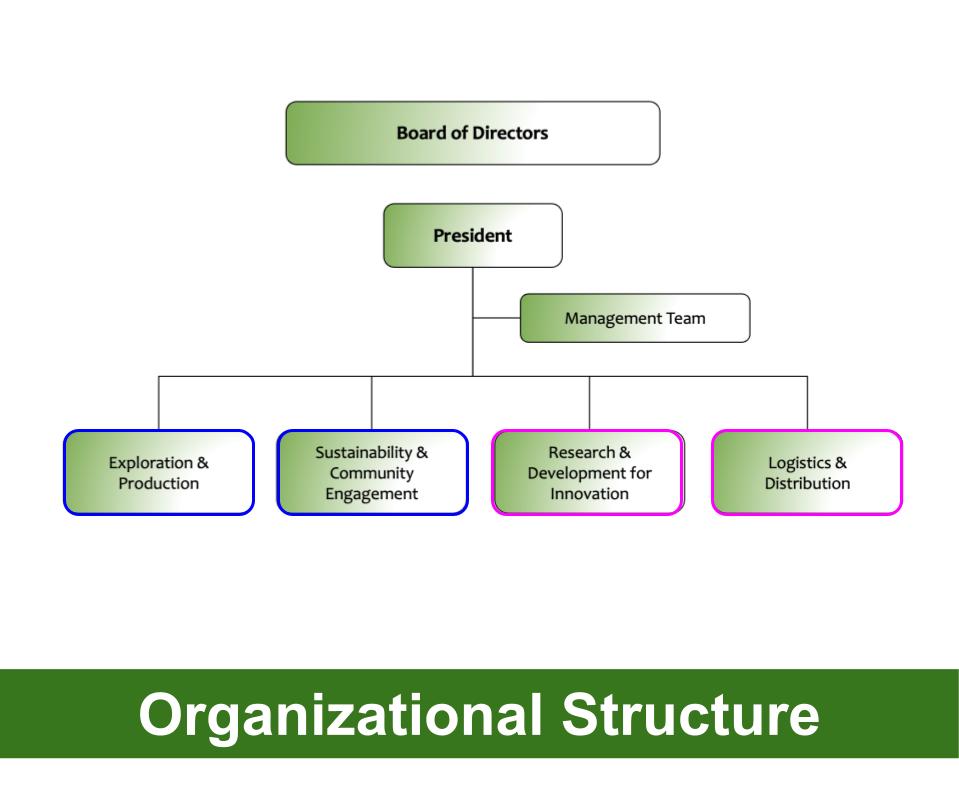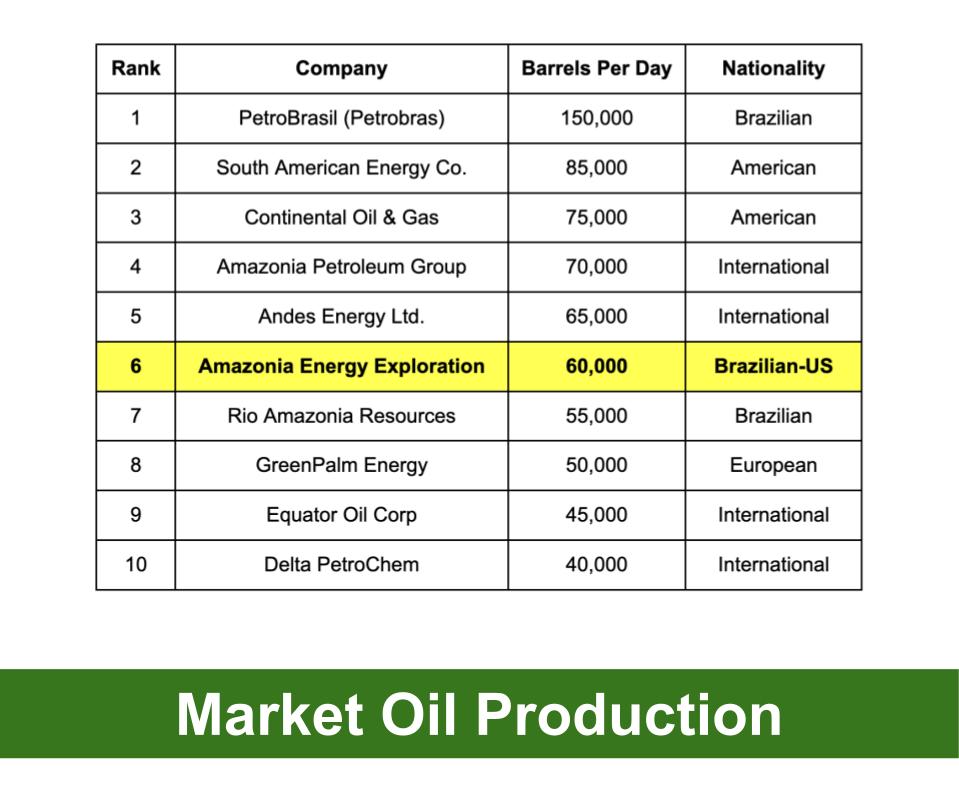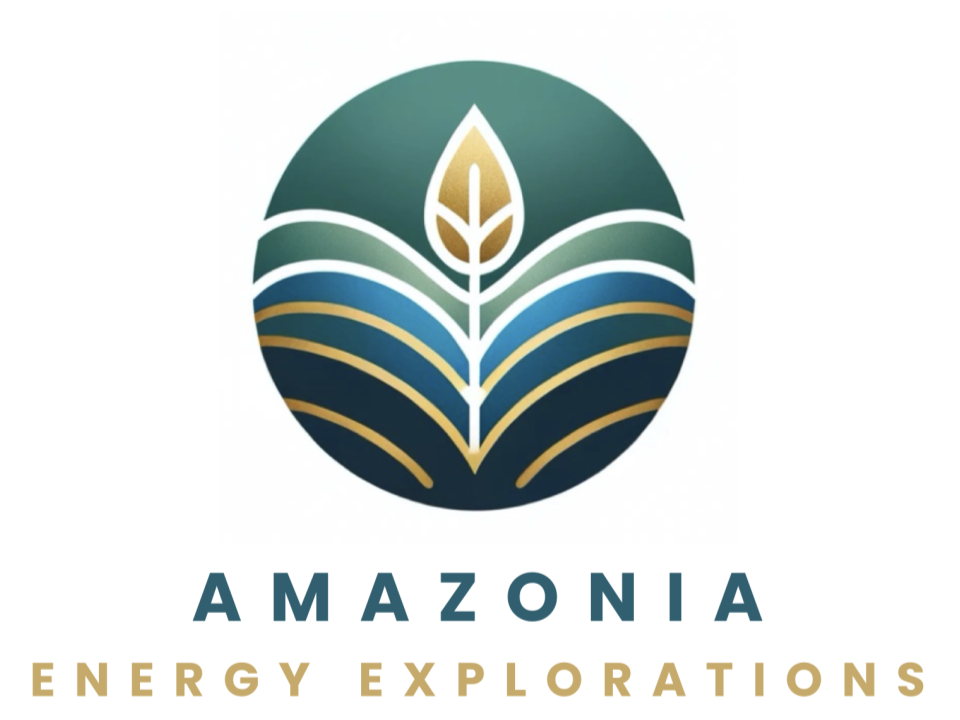*** Brazilian Co-Chair Lucus Mendes enters the room ***
 Just as the tension in the room starts to fade, the door swings open once again. This time, Lucas, your Brazilian Co-Chair, enters the room. Calm and composed, he observes the room’s atmosphere and the concerned expressions on your faces.
Just as the tension in the room starts to fade, the door swings open once again. This time, Lucas, your Brazilian Co-Chair, enters the room. Calm and composed, he observes the room’s atmosphere and the concerned expressions on your faces.
He begins to speak, “I understand the gravity of the situation we find ourselves in,” he acknowledges. “While we must be cautious, we also must not underestimate the power of transparent communication, especially with our community. Trust is fragile, and building it is essential.”
He continues, “I have some contacts within the Brazilian media, and I believe we can use those connections to ensure our message reaches our local community effectively. They may be more understanding of our challenges and the efforts we are making to address this crisis.”
As he leaves the room, Lucas’ words make you consider the importance of developing a connection with the community and the potential benefits of building trust at a local level.
Context
In the wake of the oil spill incident, your team finds itself grappling with a rapidly evolving crisis. The initial assessment of the spill remains shrouded in uncertainty, exacerbated by the tumultuous weather conditions that have hindered accurate data collection.
As the storm rages on, operations and security teams are working tirelessly to ensure 100% containment of the spill, mitigate its environmental impact, and understand this new threat.
As you bear down to continue this work, one of your administrative assistants looks down at his phone, and notices a social media post on X, formerly known as Twitter. It appears news about the oil spill and association with your operations at Amazonia is going viral, and it’s clear you’ll need to respond.
Task
Select the best way to manage this emerging public relations crisis.
Options
Discuss and fully consider the options below with your team members.
Organize a formal gathering where company representatives invite the media to provide information about the oil spill incident and the company’s response, and to answer questions.
Issue a carefully crafted written statement that outlines the company’s response to the oil spill and its commitment to addressing the situation.
Schedule an interview with Ana Pereira, your contact from ABC, to discuss the oil spill incident, its impacts, and the company’s actions.
Schedule an interview with a journalist from Brazil (new contact) to discuss the oil spill incident, its impacts, and the company’s actions.
Delay communication with the media and public until a thorough investigation has been conducted and all of the relevant information is verified.
Apply a strategy of openly and continuously sharing updates and information with the media and the public about the oil spill incident, response efforts, and future plans.
Decision
After carefully assessing all of the options above, as a team choose the best option (select one below) to manage this emerging public relations crisis. Your team must wait until there are 2 mins or less remaining before selecting its decision.
